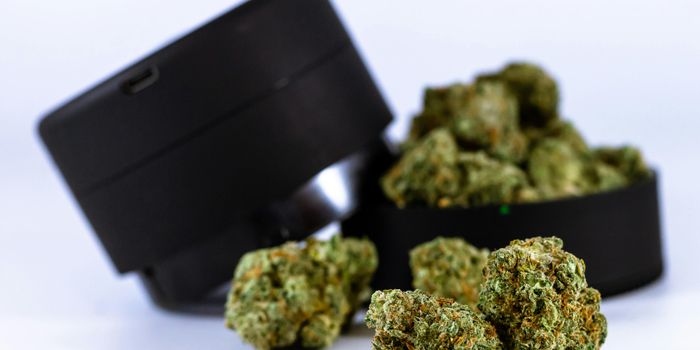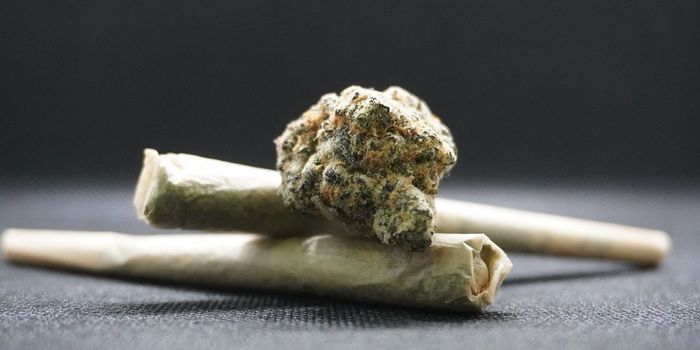Health Concerns with Cannabis Edibles
After the legalization of edible cannabis products in Canada in October of last year, members of the Canadian Medical Association speak up about the risks associated with these products, often thought to be largely harmless in comparison to other types of cannabis.
Despite the perception of cannabis edibles as a “safer and more desirable alternative to smoked or vaped cannabis,” a new commentary in the Canadian Medical Association Journal highlights several unique properties of edible cannabis products that may make them less safe than is perceived by the public.
Many cannabis edibles will fail to produce an effect for the first four hours after consumption, producing a risk of overconsumption when the perception is that the products are not “working” to produce the desired “high” effect. Once in place, the effects can last up to eight hours - perhaps even longer - increasing the window in which impairment could adversely affect activities like driving.
Additionally, individual responses to cannabis in different edible products may vary. Experts are particularly concerned about the risk of overconsumption in certain populations: “cannabis-naïve individuals,” children, older adults, and pets. This apprehension is well-founded and based on concerning results in Colorado after the legalization of cannabis edibles following the 2012 enactment of the Colorado Amendment 64, which included several provisions surrounding possession and consumption of recreational marijuana. State poison control centers in Colorado experienced a 70 percent increase in calls for accidental cannabis exposure from 2013 to 2017.
While Canadian federal regulations standardize the “presentation of dosing information,” experts warn against accidental overconsumption as a result of accidental overdosing or intentional overdosing, a potential result of unsubstantiated health claims linking cannabis consumption with improved mood, relieved anxiety, and better sleep quality.
Members of the Canadian Medical Association recommend physicians discuss with patients any cannabis use, including edible cannabis consumption. It is recommended that physicians discuss with any patients currently using or potentially in the future using cannabis dangers associated with child exposure to cannabis edibles, overconsumption, delayed effects, risk of driving under the influence of cannabis consumed through edibles, and potential contraindications with common prescription medications and alcohol.
Regulations limit the amount of caffeine that can be included in cannabis edibles and completely blocks nicotine and alcohol from being included as ingredients.








